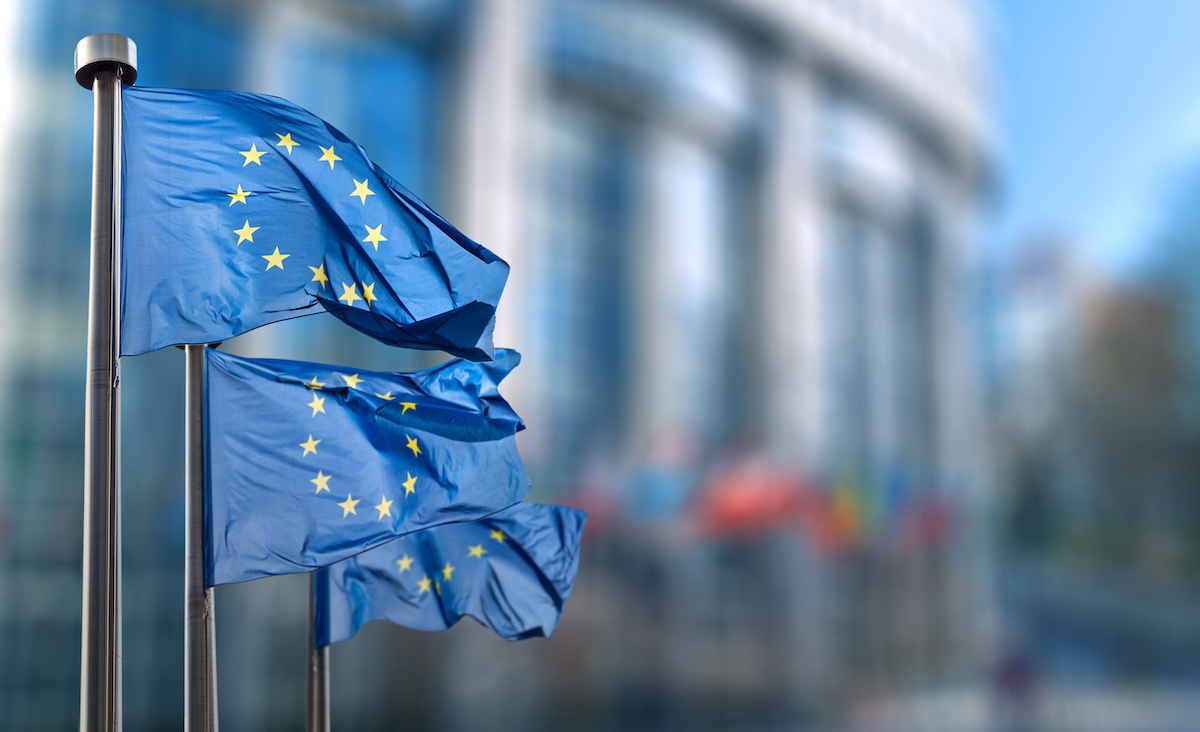European regulators are reportedly preparing to examine Apple, Google and Microsoft’s financial fraud protections.
The European Union wants to determine whether the three tech giants are failing to properly prevent fraud, the Financial Times reported Tuesday (Sept. 23).
“We see that more and more criminal actions are taking place online,” said Henna Virkkunen, the EU’s executive vice president of tech sovereignty, security and democracy, per the report. “We have to make sure that online platforms really take all their efforts to detect and prevent that kind of illegal content.”
Regulators will send formal requests for information to the three companies, as well as travel platform Booking Holdings, under powers granted under the Digital Services Act (DSA) to target financial scams, according to the report.
The probe will look at how Apple and Google deal with fake applications in their app stores, such as phony banking apps, the report said. Regulators will also investigate fake search results from Google and Microsoft’s Bing, while also exploring how Booking deals with fake hotel listings.
The EU is also examining whether Chinese eCommerce firms Temu and Shein comply with the DSA when it comes to handling illegal products on their marketplaces, according to the report.
Advertisement: Scroll to Continue
Online fraud losses in the EU are approaching $5 billion per year, with the rise of artificial intelligence making it harder to spot scams, Virkkunen said, per the report.
The moves follow an investigation into Meta’s Facebook and Instagram for potential breaches of the DSA, by allegedly failing to flag illegal content, the report said.
Meta CEO Mark Zuckerberg is among the tech industry leaders who have criticized the EU’s rules, saying they amounted to censorship. Meanwhile, President Donald Trump threatened to impose tariffs on countries that championed digital taxes or regulations he said were aimed at technology companies in the United States, according to the report.
Virkkunen defended the EU sweeping tech rules earlier this month, saying they protect fundamental rights, including freedom of expression.
